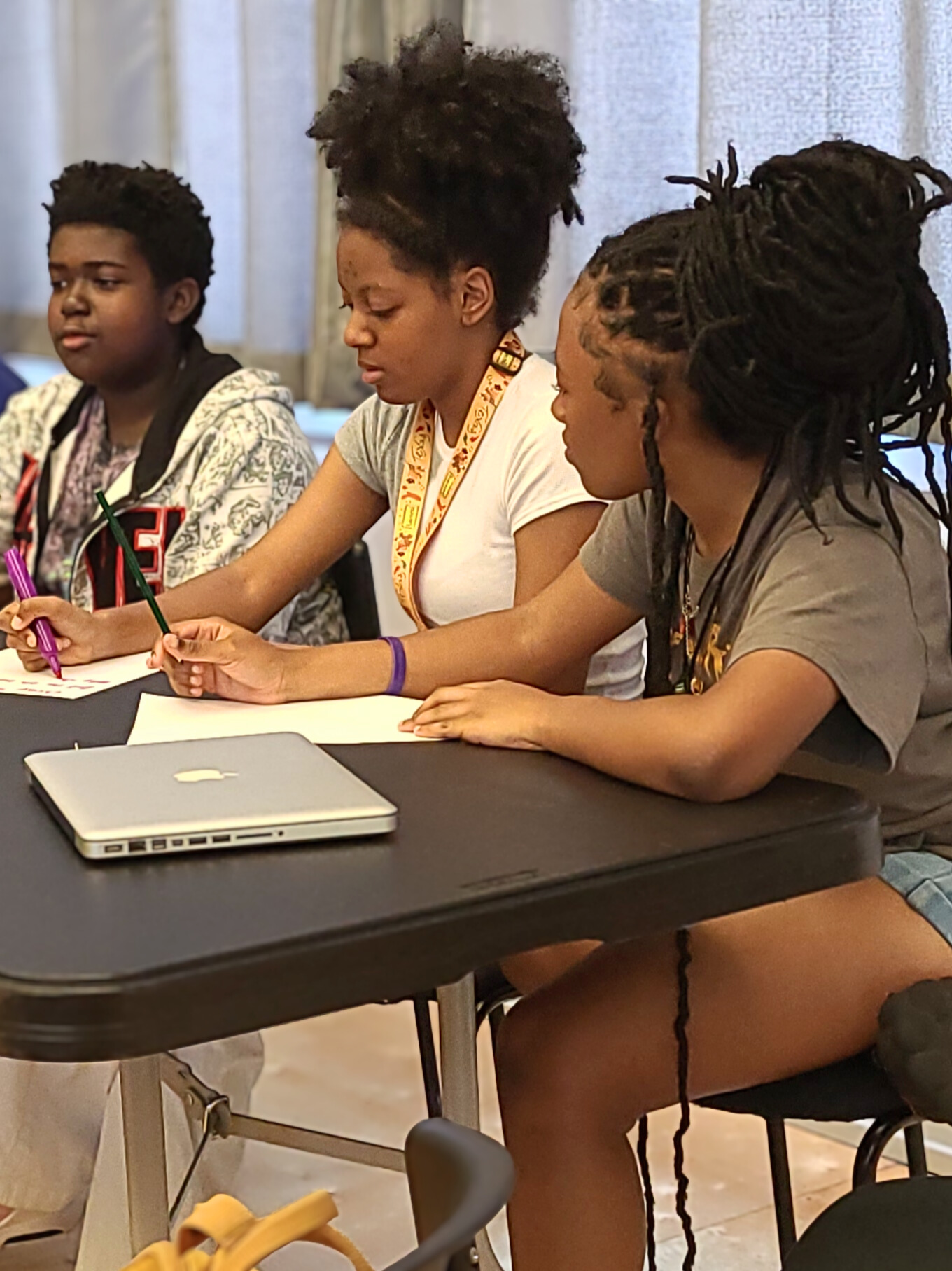Focus Areas
At VPI, our focus areas guide everything we do. From understanding the impacts of adverse childhood experiences to addressing systemic inequities, each area reflects a critical dimension of violence that affects health, well-being, and community safety. By studying these complex issues and partnering with communities, VPI translates research into action, informing programs, policies, and interventions that create safer, healthier, and more equitable environments for all.

Adverse Childhood Experiences (ACEs)
Exposure to trauma in childhood, including abuse, neglect, and household dysfunction, can have lifelong impacts on physical and mental health. By studying ACEs, VPI identifies risk and protective factors, informs prevention strategies, and helps communities implement supportive environments that promote resilience and healthy development.
Community and Neighborhood Violence
Violence within communities contributes to cycles of trauma, health inequities, and social instability. Research in this area enables the design of community-centered interventions, strengthens social cohesion, and guides programs that foster safer, thriving neighborhoods.
Firearm Violence
Firearm-related injuries and deaths remain a critical public health challenge. VPI’s research examines patterns, risk factors, and prevention strategies, supporting evidence-based policies and programs that reduce harm while promoting community safety.
Gender-Based and Domestic Violence
Gender-based and intimate partner violence have profound physical, psychological, and societal consequences. VPI’s work informs prevention programs, promotes survivor-centered services, and addresses systemic barriers that perpetuate violence.
HIV and Violence
Violence can increase vulnerability to HIV and is more prevalent among people with HIV, while HIV-related stigma can further exacerbate the adverse impact of violence. Integrating research on both issues allows VPI to develop holistic interventions that protect health, reduce vulnerability, and empower affected communities.
Police Violence
Exposure to violence at the hands of law enforcement has lasting impacts on physical and mental health, trust in institutions, and community well-being. VPI examines these dynamics to inform community-led solutions.
Queer and Trans Violence
Trans and Queer communities face disproportionate risks of violence, discrimination, and health disparities. Research in this area guides culturally responsive prevention programs, advocacy, and policy changes to create safer, more inclusive environments.
Reproductive Justice
Violence and inequities related to reproductive health, including coercion, denial of care, and limited access, affect individual and community well-being. VPI investigates these intersections to inform advocacy and community-based initiatives that advance reproductive rights and safety.
Structural, Systemic, and Institutional Violence
Inequities embedded in social, economic, and political systems, such as racism, classism, and gender inequity, perpetuate cycles of violence and health inequities. VPI’s research highlights these patterns and supports systemic interventions to promote equity and justice.
Youth Violence
Exposure to violence at a young age can have immediate and long-term consequences for health, education, and social outcomes. By partnering with schools, families, and communities, VPI develops and tests evidence-based strategies that reduce risk, foster leadership, and empower young people to thrive.
Address
1440 Canal Street, Suite 1510, New Orleans, LA 70112
social media
@tulanevpi
